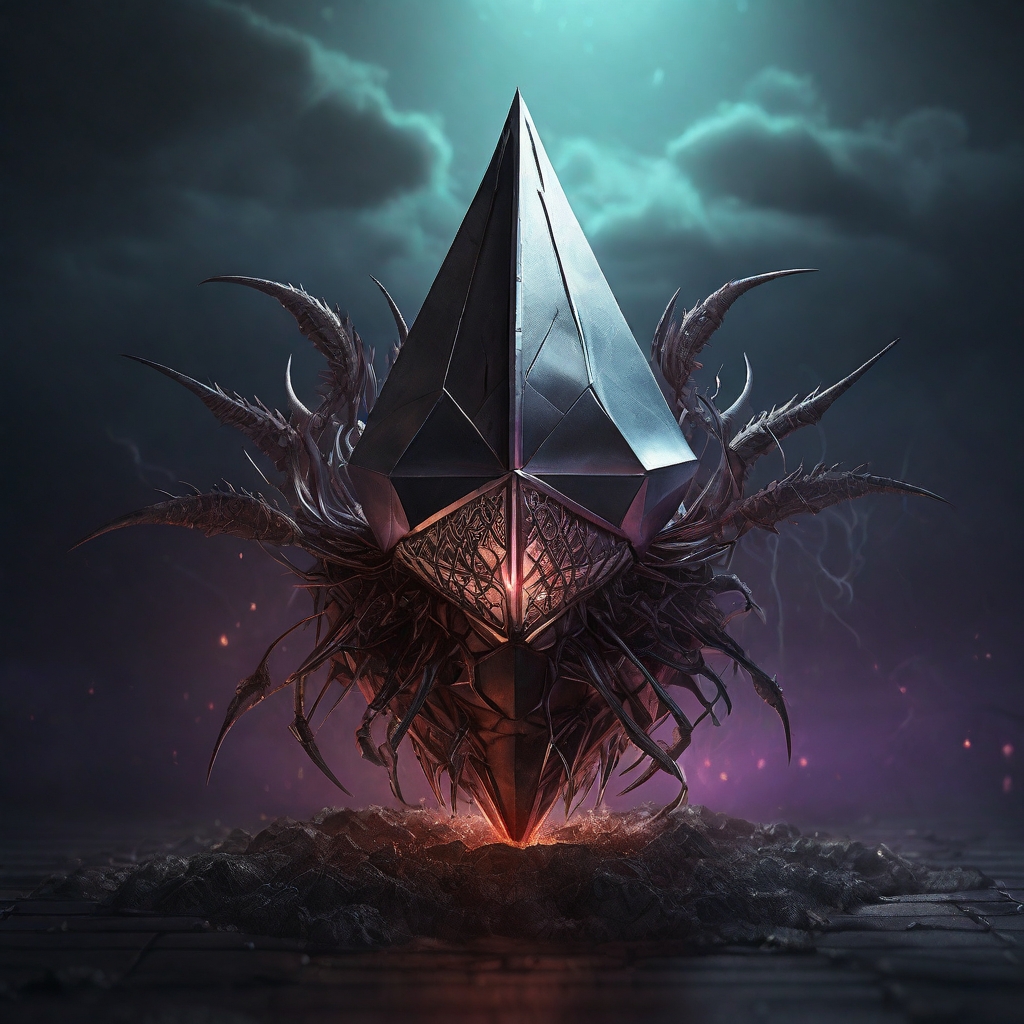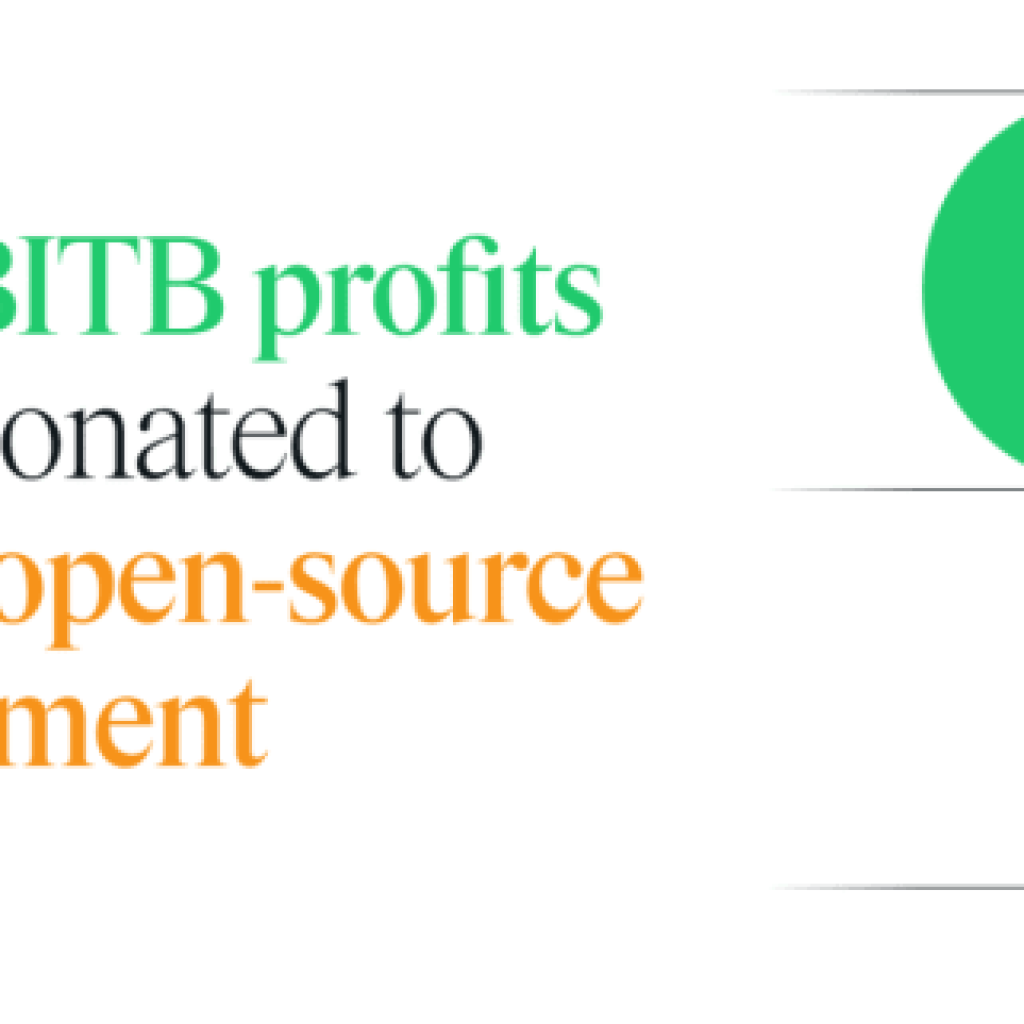Nethermind, an Ethereum infrastructure firm, has successfully addressed a critical bug in its execution client, which had caused some users to encounter issues while processing blocks on the Ethereum network.
The incident underscores the significance of diversifying Ethereum clients, reducing reliance on the predominant client, Geth.
Critical bug fixed in Nethermind Ethereum client
Nethermind, a relatively minor Ethereum client, has recently rectified a “critical” bug that affected several versions of its execution client. The bug, which was introduced in version 1.23.0, led to users failing to process blocks on the Ethereum network.
Nethermind’s co-chief technology officer, Daniel Cadela, confirmed that versions 1.23 to 1.25 were impacted by this issue and promptly urged node validators to update to the latest version, 1.25.2. In his follow-up statement, Cadela emphasized the severity of the bug.
The issue was initially reported by a GitHub user, “wga22,” who encountered problems with their Nethermind execution client not processing blocks. Nethermind’s technical lead, Lukasz Rozmej, promptly initiated an investigation into the issue, leading to the release of version 1.25.2 approximately 2.5 hours later.
Ethereum community stresses the need for client diversity
While this bug incident primarily affected Nethermind users, it has reignited discussions within the Ethereum community regarding the importance of diversifying Ethereum clients. Currently, the majority of Ethereum users rely on the Geth client, which accounts for 84% of execution clients on the network.
Some members of the community argue that a more diverse client ecosystem would mitigate risks associated with potential bugs or vulnerabilities.
Ethereum advocates Superphiz initially downplayed the situation, deeming it “no big deal” as long as the consensus issue only impacted minority clients. Superphiz highlighted the deliberate design choice of Ethereum not to rely on any single point of failure. However, other community members emphasized the potential consequences if such a bug were to affect Geth.
“Today’s beacon chain hiccup has once again highlighted the importance of Ethereum client diversity,” explained Ethereum advocate “daddysether” in a post on January 21. They encouraged users to switch to minority clients to enhance Ethereum’s security.
Currently, Nethermind accounts for only 8.2% of execution clients on the Ethereum network, according to available data. However, in a screenshot shared by Ethereum enthusiast Anthony Sassano in August, execution client diversity appeared healthier, with Geth and Nethermind representing 48% and 26% of execution clients, respectively. Sassano praised client diversity as one of Ethereum’s significant achievements.
Growing concerns about over-reliance on Geth
The increasing reliance on the Geth client has raised concerns among some Ethereum community members. Ethereum advocate “marceaueth” expressed their view that running Geth entails taking on disproportionate risk, despite acknowledging its quality.
The sentiment within the community is shifting toward a more balanced client ecosystem to ensure the network’s resilience in the face of potential issues.





